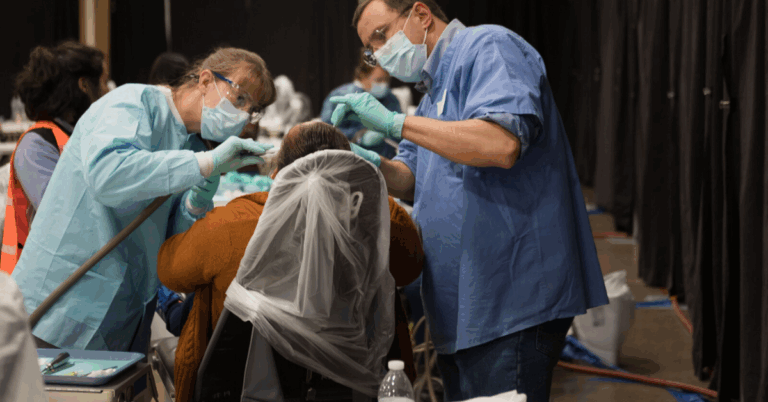
Hospitals across the United States are warning that ongoing physician shortages threaten the quality and accessibility of healthcare. Despite advances in medical technology and growing demand for services, there simply aren’t enough doctors to meet the country’s healthcare needs. This problem has grown more urgent in recent years, causing long wait times and overworked medical staff.
In response, lawmakers have introduced a bill aiming to create more Medicare-funded residency positions. Residency is crucial for training new physicians, yet the existing number of Medicare-funded slots has been capped for decades. Expanding these residency slots could help tackle the doctor shortage by producing more qualified doctors ready to serve communities in need.
The Growing Concern Over Physician Shortages
The United States faces a significant shortage of physicians, especially in rural and underserved urban areas. According to the Association of American Medical Colleges (AAMC), the country could see a shortfall of up to 122,000 doctors by 2032. This shortage affects primary care doctors as well as specialists, limiting patient access and increasing healthcare costs.
Hospitals have reported challenges in filling available physician positions, which affects patient care and hospital efficiency. The COVID-19 pandemic has only worsened the situation, putting more pressure on an already strained healthcare workforce.
Why Medicare Pays a Key Role in Medical Training
Medicare is the federal health insurance program for people 65 and older, and it also plays a vital role in funding graduate medical education (GME). Medicare funds most residency training slots in the US, covering hospitals’ costs for teaching new doctors. However, the number of Medicare-funded residency positions has been capped since 1997.
This cap means that even if more medical students graduate, the number of residency positions they can enter remains limited. Without enough residency slots, new medical graduates cannot complete their training and become fully licensed physicians, worsening the shortage crisis.
New Bill Gains Support to Expand Residency Slots
Recognizing the urgent need, lawmakers have introduced legislation to increase Medicare-funded residency positions. The proposed bill seeks to add thousands of new residency slots, especially targeting hospitals in rural and underserved areas where physician shortages are most severe. Expanding these slots would help train more doctors and improve healthcare access nationwide.
This bill has gained traction among both Republicans and Democrats, reflecting a bipartisan agreement on the need to bolster the medical workforce. Healthcare organizations, including the American Hospital Association (AHA), strongly support the bill, noting its potential to ease critical shortages and improve patient care quality.
What the Expansion Means for Patients and Future Doctors
By increasing Medicare-funded residency slots, the US can better prepare the next generation of physicians to meet growing healthcare demands. This measure aims to reduce the long wait times patients face and lessen the workload on current doctors. More residency opportunities mean more trained doctors will be available to serve in hospitals and clinics across the country.
For medical students, this bill would offer a clearer path to completing their training without delays caused by limited residency openings. It also encourages doctors to practice in areas most affected by shortages, supporting communities that have struggled to attract enough medical professionals.
Challenges and Next Steps
While the bill’s passage looks promising, expanding residency positions also requires careful planning and funding. Hospitals must have the resources to provide quality training environments for the increased number of residents. Additionally, policymakers need to ensure that the new slots effectively address shortages in both primary care and specialty areas.
As the bill moves through Congress, continued support from the medical community and public awareness will be key to its success. If implemented well, this initiative could significantly improve healthcare access and quality in the coming years.
Conclusion
The persistent physician shortage remains a serious challenge for US healthcare. However, the new bill to increase Medicare-funded residency slots offers a hopeful solution. By expanding training opportunities, more doctors can enter the workforce, easing shortages and enhancing care for patients nationwide.
For younger readers aspiring to enter the medical field or for those concerned about healthcare access, this legislation represents a positive step toward building a stronger, more responsive healthcare system.









